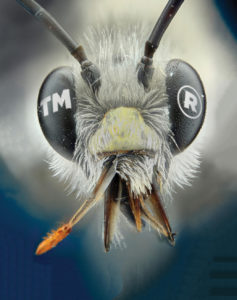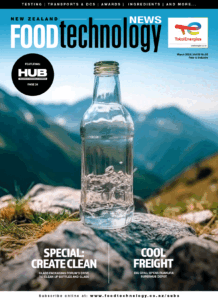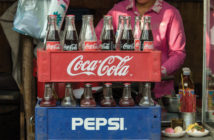A battle to protect New Zealand’s multi-million dollar mānuka honey industry from international thieves will cost $5.5 million in the next decade, the government has been warned.
An industry group says the best way to protect mānuka honey is to trade mark the term and then fight for a Geographical Indication – much like the way France has protected champagne.
Business advisor John Hill says mānuka honey is worth $180 million now, but that could double in 10 years if the brand is linked as one coming from New Zealand.
“If we don’t do anything, we’ve already got Australia hot on our tail, we’ve got Portugal, Mexico, Paraguay…they’re all talking about planting mānuka.”
But regional development minister Shane Jones says he doesn’t see a role for the Provincial Growth Fund in meeting the costs of trade marking the honey. He says there are avenues in which the government can help, particularly through the Ministry of Foreign Affairs.
Australia is already leaning in on New Zealand producers by claiming to have more than 80 species of leptospermum scoparium – the plant used to make mānuka honey – while New Zealand only has one.
But one expert says Australia has made its own definition and is misleading consumers. Mānuka Honey Appellation Society John Rawcliff says mānuka is a Māori name and consumers expect it to come from New Zealand.
“Their actual definition is very, very weak. That is, it’s half, or even lower, as what we would describe as mānuka. Their multi-floral definition is so broad, it doesn’t have a criteria, any honey virtually in Australia could be called multi-floral mānuka. Now that’s, to be blunt, appalling, it’s misleading the consumer, it’s wrong.”
A group of East Coast land trusts say up to 70% of mānuka honey is made on Māori land, and iwi need a say, Miere Coalition’s Victor Goldsmith says.
“Our responsibility as kaitiaki of Aotearoa and all our taonga including our native species and mānuka, that’s our intergenerational obligation to ensure our next generation is in a better state.”
Both New Zealand and the UK have accepted “mānuka honey” as a certification mark, which will allow the Mānuka Honey Appellation Society to seek further protection of the term.
But trade marking mānuka honey will be long and expensive, Rawcliff says.
“Scottish Whiskey I think started in 1919, it’s taken a long time. Champagne took its time. Sadly, the law takes its time and we have to work through the process.”
The industry is currently seeking certification marks in China and the United States.
































































































